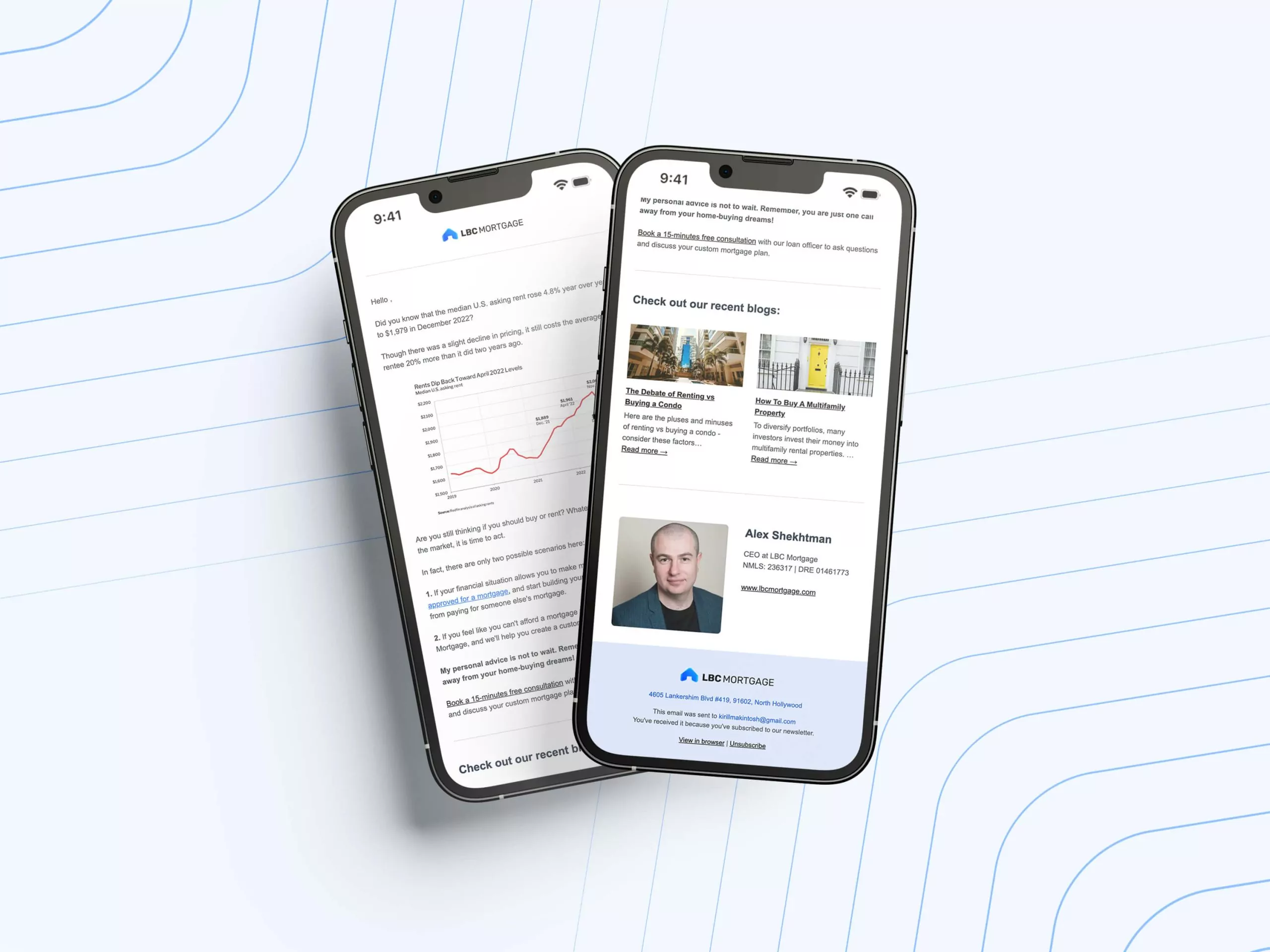First thing first, what is a jumbo loan?
A jumbo loan is the type of mortgage used to finance those properties which are too expensive for a conventional conforming loan. The maximum amount you can get with a conforming loan is $548,250 (or a little bit more for 2021). So, basically, homes that beat the local conventional loan limit require a jumbo loan.
It would be best to remember that in some areas where life is more expensive, the limits are higher. For example, some counties in New York, California, and Hawaii have limits of $822,375.
The main difference between a jumbo and a conventional loan is the size. Otherwise, so jumbo so conventional loans offer fixed or adjustable interest rate options, also, they both come with the same payment, and borrowers are offered a variety of terms.
Also, jumbo loans are riskier because the lender isn’t protected from losses if a borrower defaults.
How to qualify for a jumbo loan?
Since it takes more risk and the loans aren’t backed by government entities, it can cost more effort to qualify for this type of loan.
Consider that some will require to see enough funds in the bank to cover six to twelve months of payments.
Credit score
It’s practically impossible to qualify for a jumbo loan if you have a bad credit score.
Credit unions and Banks expect borrowers to have a credit score higher than 700.
Lenders will require your FICO score to be as high as 720 to qualify for a jumbo loan.
Debt-to-income ratio
Lenders will surely take a closer look at your debt-to-income ratio to make sure you can afford the mortgage payment and won’t become over-leveraged.
Keep in mind that they may be more flexible if you have excessive cash assets. Some lenders have a hard cap of 45% DTI, however.
Cash Cash Cash
Your chances of being approved for a jumbo loan will be higher if you have enough cash in the bank. It is a daily routine for lenders to ask ones, who want to qualify for a jumbo loan to prove that they have enough cash reserves to cover at least one year of payments.
Appraisals
There is a chance that some lenders could require a second home appraisal for the property you are buying.
More money, more documents?
To verify your financial well-being, you will need to prepare extensive documentation for a jumbo mortgage loan, such as :
– full tax returns
– W-2s and 1099s
– bank statements
– investment account information
One last time, what will you face with a jumbo loan?
– Heftier down payment
Low down payments are reasonably common on conforming loans. But not when it is about a jumbo loan. Prepare to pay at least 20% of a down payment (though some lenders may go as low as 10%).
– Potentially higher interest rates
No worries, jumbo loans don’t mean jumbo rates.
Of course, they will be slightly higher than those on conforming loans, but it all depends on the lender.
Remember that many lenders are ready to offer such rates that can be competitive with conforming loans. So make sure to shop around.
– Higher closing costs and fees
And just like that, because there are some extra qualifying steps, except higher costs at the closing table.
Do you still have any questions about jumbo loans? Or are you considering applying for one?
